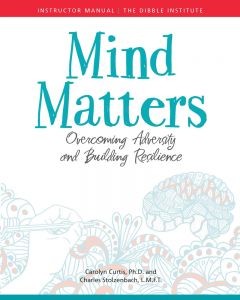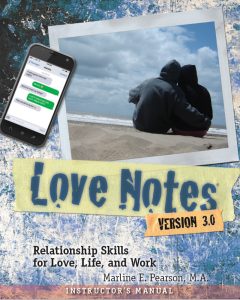Foster Youth Awareness
Children enter the foster care system for many reasons including neglect, physical abuse, emotional abuse, sexual abuse, domestic violence and/or parental drug use. Many foster children have experienced traumatic events, with nearly half reporting exposure to four or more types of traumatic events*. Such events lead to difficulty with decision making, problem solving, regulating emotions, planning and controlling impulses. Trauma causes young people to live in a constant state of alert, and they can be easily triggered. These students are trying to cope and survive and don’t feel safe due to the instability in their lives.
Students in foster care face challenges related to schools due to placement instability. But with your help, foster youth in schools can be closer to academic, career and social/emotional success.
*The Children’s Bureau. 2020. “Adverse Childhood Experiences (ACEs).” 2020. Retrieved from https://www.childwelfare.gov/topics/preventing/preventionmonth/resources/ace/
**Centers for Disease Control and Prevention. (2016). About the CDC-Kaiser ACE study: Major findings.
***ACEs in young children involved in the child welfare system.
PROGRAMS TO HELP FOSTER YOUTH
Mind Matters: Overcoming Adversity and Building Resilience teaches people skills and practices that cultivate healing and clear away distractions to learning and healthy relationships. Mind Matters’ practical, hands-on lessons explore the effects of adversity and toxic stress along with the healing process. Each lesson includes activities that build resilience and increase hope.
Love Notes: Relationship Skills for Love, Life, and Work builds skills and knowledge for healthy and successful relationships with partners, family, friends, and co-workers. It is designed to help young people make wise relationship and sexual choices. Wise choices will assist them in achieving their education, employment, relationship, and family goals. It is developed especially for high-school-age teens and young adults at risk for unstable and poor-quality relationships.
Watch Mind Matters Lesson 4: Empathy
This video in a series of 12 Mind Matters Lessons presented by Author Carolyn Curtis and Master Trainer Dixie Zittlow is free for the month of November. This is an excellent video to watch with Foster Youth as they work through expressing their emotions and connecting with the key people in their lives.
More Resources
- WEBINAR: Putting Youth Relationship Education on the Child Welfare Agenda: Findings from Research and Evaluation
- Social Media: Tips for Youth in Foster Care
- Youth aging out of foster care – need housing support: Read more about Housing Vouchers
- Athena Garcia-Gunn, a former foster youth, tells about her journey. Watch below.

Read about how two Organizations used Dibble Programs to teach Foster Youth.
> Independent Living Case Study
> Runaway and Homeless Youth Case Study



